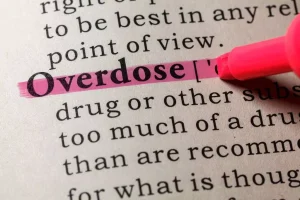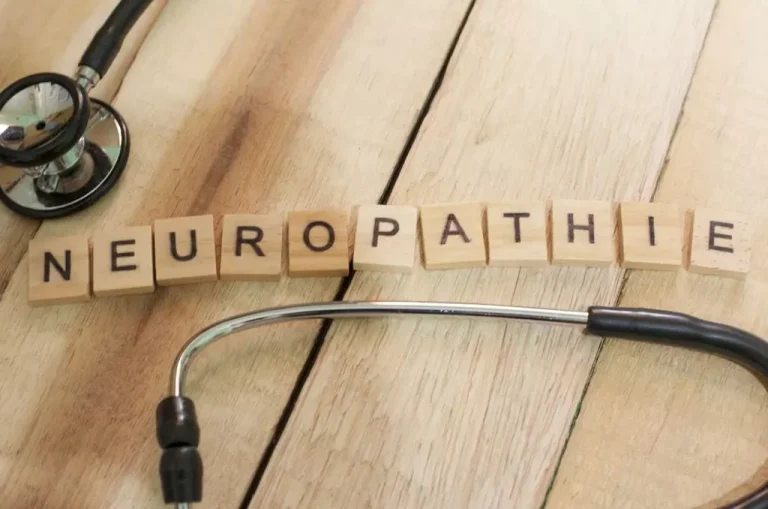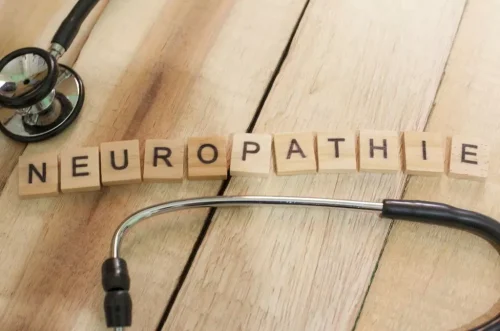
Intolerance is a condition where your body can’t break down alcohol effectively, which may be genetic or develop over time. Continue reading to learn more about wine allergies, the potential allergens in wine, and how to know if you’re allergic to them. This subreddit is a place to motivate each other to control or stop drinking. We welcome anyone who wishes to join in by asking for support, sharing our experiences and stories, or just encouraging someone who is trying to quit. Please post only when sober; you’re welcome to read in the meanwhile.

Nasal douching

IP alcohol, at 5–21% concentrations that induced coma, caused concentration- and time-dependent slowing of clearance of inhaled staphylococci in mice. Importantly, in the same study the investigators directly observed tracheal clearance sneezing after drinking alcohol of inert carbon particles following IP alcohol injection of anesthetized kittens. Alcohol caused a rapid and reversible concentration-dependent slowing of airway particle clearance compared to control kittens. This important study established that alcohol clearly impairs mucociliary clearance.
- It turns alcohol into acetic acid, a main component of vinegar, in your liver.
- I mean sneezing at least 5-10 times in a minute, mucous and runny nose and all.
- Despite this front line position, the airways below the vocal cords are normally sterile because of highly effective defense mechanisms (Laurenzi et al., 1961).
- If you have an allergy, your immune system over-reacts to contact with a trigger or “allergen.” If you have an alcohol allergy, your immune system treats alcohol as a threat.
- In some people, no specific trigger for their persistent rhinitis may be found.
- Yes, it is possible to develop alcohol intolerance later in life.
Persistent rhinitis
For example, potential symptoms include red and itchy skin, nasal congestion, shortness of breath, abdominal pain, and diarrhea. If you have any severe or painful symptoms after drinking alcohol, don’t just brush it off as alcohol intolerance. These side effects could be caused by a serious allergy and warrant a visit with your doctor to address your symptoms. Having an allergy to alcohol itself is very rare, but it is fairly common for people who have other allergies or asthma to see an increase in their symptoms when they drink alcoholic beverages. Although anyone who drinks excessively may experience negative reactions that likely are not an allergy, people with a true alcohol allergy can develop symptoms after drinking extremely small amounts. One 2005 study surveyed people who experience upper airway symptoms in response to alcohol.
Alcohol Nasal Congestion FAQ
It may be helpful to rinse your nasal passages with a saline (salt water) solution to clean out your nose and nasal cavities (nasal irrigation). Medical content developed and reviewed by the leading experts in allergy, asthma and immunology. Additionally, some research data from animal experiments suggest that alcohol itself might increase the thickness of the mucus secretions of your upper respiratory system independent of inducing dehydration. Normally your body produces an enzyme called diamine oxidase (DAO) to break histamine down.

- Like many medical terms, vasomotor rhinitis sounds ominous but generally is not.
- Health care providers often first make sure a person’s symptoms aren’t caused by allergies.
- Therefore, it’s possible to have an allergy to both beer and wine.
- If you find that straight spirits make you sneeze, try diluting them with water or soda before you drink them.
Failure of this system results in recurrent bronchitis, pneumonia and airway deformity in the form of bronchiectasis (Noone et al., 2004). A growing body of evidence points to alcohol as an important modifier of mucociliary clearance, which is the first line of defense for the lungs. Beer also contains histamines which could cause a reaction in some people, including sneezing and stuffy nose after drinking.
Through a multistep process, your body breaks down the ethanol found in your beer, wine, spiked seltzer — whatever it is you’re drinking — into waste products your body can easily eliminate. As it turns out, understanding your alcohol-induced stuffy nose starts with understanding how your body processes alcohol — or tries to, anyway. The consumption of alcohol has been linked to nasal congestion in some people. Nonallergic rhinitis most often doesn’t cause an itchy nose, eyes or throat.
What You Can Do To Prevent Sneezing When You Drink

The bad news is that you can’t really do much about it, or that unwelcome nasal congestion that comes along with it, aside from just not drinking alcohol. Alcohol intolerance is a temporary, but pretty uncomfortable, reaction to alcohol — with nasal congestion and flushed skin being the two most common side effects. It happens if your ALDH2 enzymes (remember those?) aren’t particularly effective at their job, or if your body just doesn’t make enough ALDH2 enzyme in the first place.
These include prominent roles for the second messengers calcium and nitric oxide, regulatory kinases including PKG and PKA, alcohol and aldehyde -metabolizing enzymes such as ALDH2. Acetaldehyde is produced by the metabolism of ethanol through the action of alcohol dehydrogenases. Acetaldehyde has long been recognized as a trigger for asthma in Asians and is referred to as “alcohol-induced bronchial asthma” (Shimoda et al., 1996). About half of Japanese have inadequate ALDH2 activity and cannot effectively metabolize acetaldehyde. This results in facial flushing, wheezing and other undesirable side effects following the ingestion of modest amounts of alcohol (Gong et al., 1981).